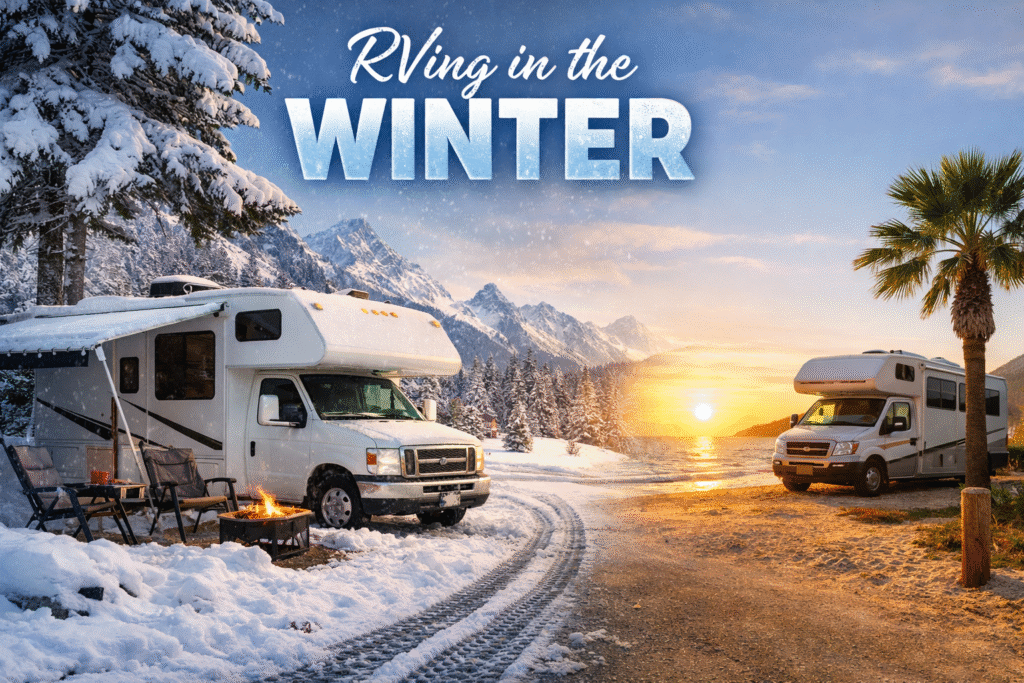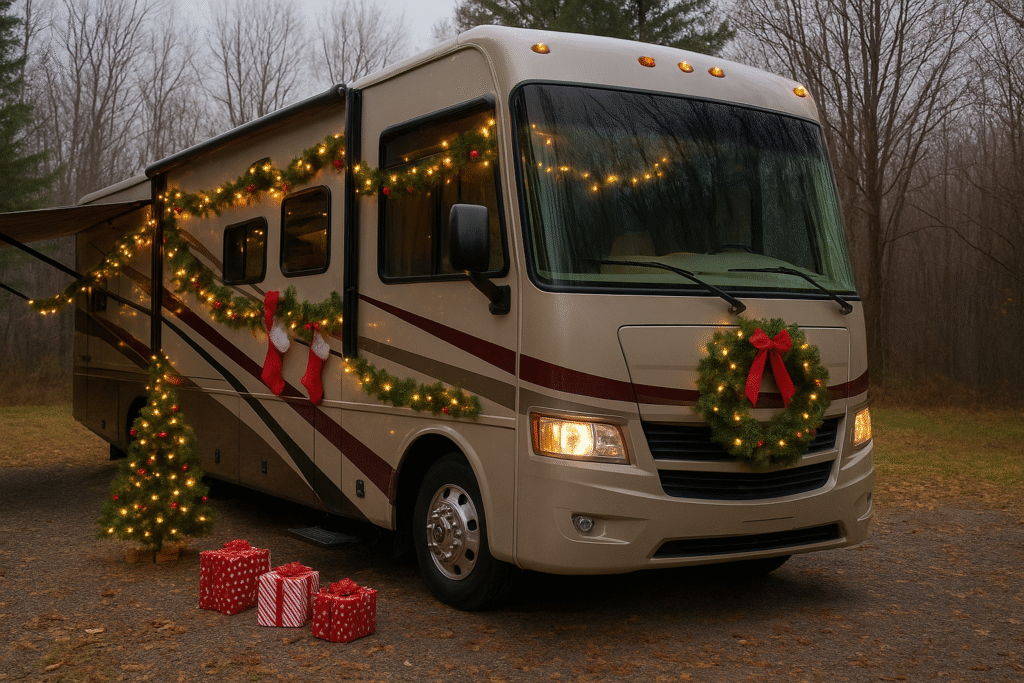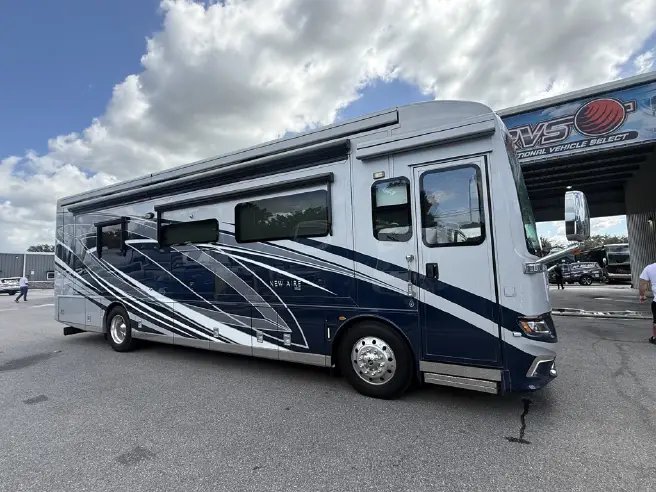Summertime and the living is easy, right? You’re planning warm-weather getaways in your RV, eventually escaping to the lake, the mountains, or the beach. And with camping comes spending time with family and friends, and cooking and eating, from hotdogs and hamburgers to pasta and potato salad and everything in between. But warm weather and food preparation often don’t mix.
According to the U.S. Food and Drug Administration, foodborne bacteria can multiply faster in warm weather and thrive in food items, which poses a risk to anyone handling or consuming foods. This risk can increase when RVing, as preparing, eating, and serving meals outdoors in variable temperatures is typically part of the camping experience.
Luckily, there are some easy steps you can take to keep food safe during your trip and help ensure that you don’t contract a food-borne illness. Here are just a few:
- Wash your hands – If you’re hooked up to clean, potable water, washing your hands may be an easy task in your RV. But if you’re boondocking, hand washing may be more challenging. Either way, the important thing to remember is to use fresh, clean water to lather up for at least 20 seconds (don’t forget to clean under your fingernails) and rinse. When you don’t have access to running water, you can store water in jugs or coolers with spigots and use it specifically for hand washing.
- Keep cookware and utensils clean – While camping, you probably won’t have all the pots, pans, cutting boards, and knives that you do at home, which means you’ll have to reuse some items while cooking. If raw meat, poultry, or seafood touches any of these items, you should wash them thoroughly before using them again for other foods. This will keep the risk of bacteria cross contamination at bay.
- Wash produce – Raw proteins and mayonnaise-based dishes often get the worst rap when it comes to the potential for foodborne illnesses to develop, but fruits and veggies present risks, too. Produce carries bacteria and other pathogens, thus requires a good wash with clean water before being consumed or cooked.
- Store food properly – Cold foods and perishable items should be kept at 40 degrees Fahrenheit or colder. Pathogens can begin growing at any temperatures above that. Your RVs refrigerator can likely maintain this temperature without a problem, but if you’re camping without electricity, it will be important to keep certain foods in coolers that are continually stocked with ice. Keeps meats separate from other items when possible. Additionally, hot foods should remain hot, and should be kept at about 140 degrees Fahrenheit or above and not allowed to cool until it’s time for storage. A good rule of thumb for both hot and cold dishes is to not leave them sitting outside for more than two hours.
- Cook food to ideal temperatures – Keeping certain temperatures in mind isn’t just for food storage. You also need to cook foods to the proper temperatures to avoid food-related illnesses. Cooking temperatures range from 145 degrees Fahrenheit for steaks and roasts to 165 degrees for chicken. To ensure you hit those minimum temperatures each time you cook, use a digital thermometer to test meats before serving.
RVing in the summer is meant to be relaxing and enjoyable. You shouldn’t have to worry about getting sick during your camping trip, so follow these tips and enjoy a safe, food-filled summer on the road.
Want to learn more about summertime RV travel? Contact us today!




